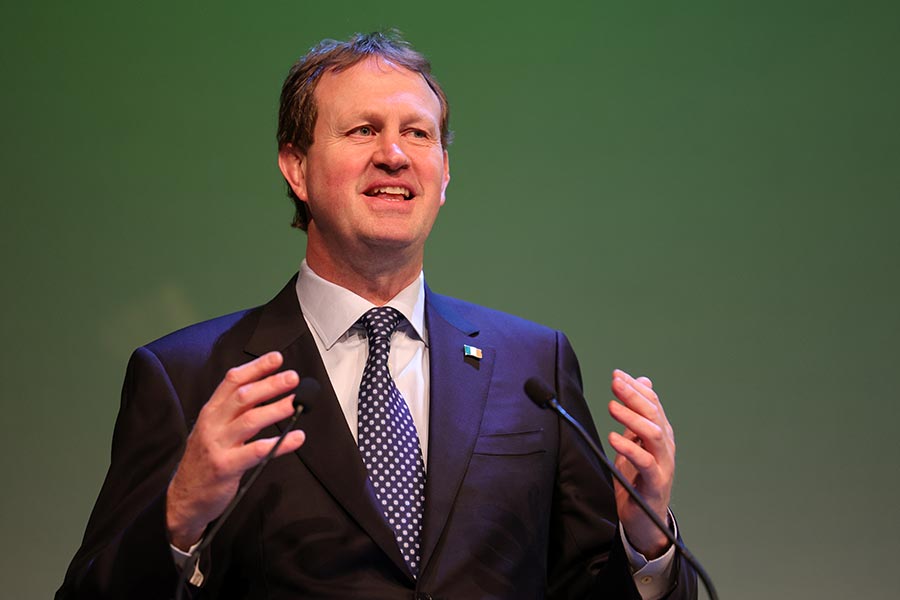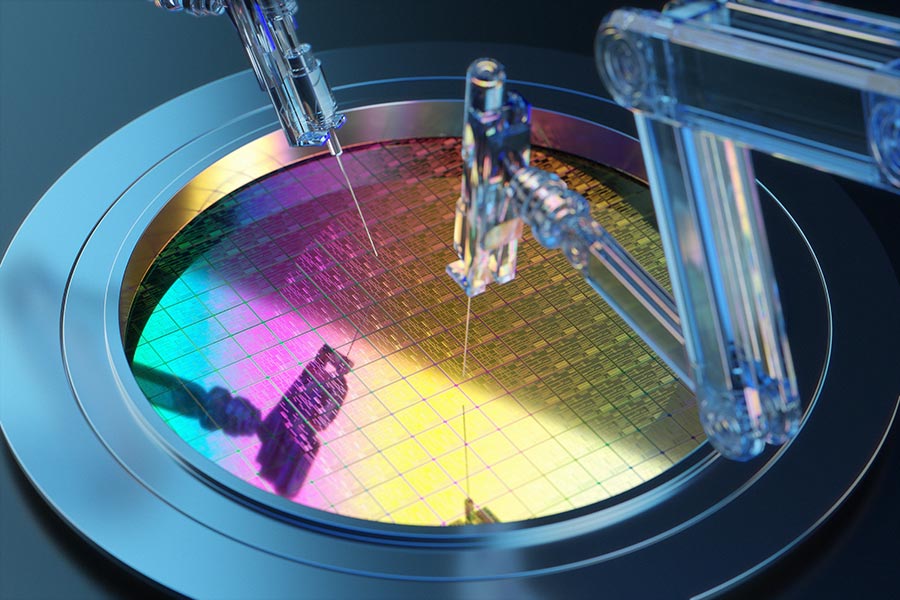Facial recognition technology is accurate only 19% of the time, Oireachtas researchers have told TDs, writes Brian Mahon.
Despite this Justice Minister Jim O’Callaghan has confirmed he will bring forward legislation to enable the controversial technology to be used across An Garda Síochána.
Efforts to fast-track the legislation were blocked under the last government by the Green Party, who sought greater safeguards around its use, citing concerns over racial profiling.
Mr O’Callaghan told the Dáil earlier this month: “I was at Store Street Garda Station about two-and-a-half weeks ago, where two retired members of An Garda Síochána were going through CCTV footage of the Dublin riots, in November 2023.
“We need to speed up the process of checking CCTV footage.
“The way for that to be done is through the use of facial recognition technology.
“Like every other member, I want to ensure that appropriate mechanisms are in place to ensure that it is used appropriately and proportionately by An Garda Síochána.
“We need to emphasise that nobody is suggesting that a person will be prosecuted and convicted solely on the basis of facial recognition technology (FRT).
“That is not what we are talking about. We are talking about using FRT as an investigative tool to assist An Garda Síochána in the work it is doing.”
Oireachtas researchers have highlighted serious concerns, pointing to independent studies carried out in the UK on the technology in recent years.
It said: “In the UK, an independent review of the Metropolitan Police’s use of live FRT in London found it was accurate only 19% of the time.
“Leading experts have also warned about the proposed use of FRT by gardaí in Ireland.”
Researchers were citing a report from the Human Rights, Big Data and Technology Project, which followed the London Metropolitan Police around during a 2019 trial.
It found: “Across all six observed trials, and from all computer-generated alerts, face recognition matches were verifiably correct on eight occasions (eight of 42 matches, 19.05%).”
A further research paper carried out by Big Brother Watch in the UK in 2023 said it was only correct 15% of the time.
The report said: “The 84.7% figure is the number of false matches, as a percentage of the total number of facial recognition matches obtained by the Met Police since its first deployment in 2016.
“There have been 175 matches in total, of which 150 have been false and 25 have been recorded as true.”
A Department of Justice spokesman said: “The Government firmly believes An Garda Síochána needs modern tools to help them do their jobs.
“This includes the rollout of bodycams to help protect frontline gardaí and to allow them to investigate crime.
“It includes the use of biometric technologies in very controlled circumstances, as a tool to process evidence in the most serious of cases.
“Biometric technologies are already being utilised by multiple police services across the EU with a number of other member states also currently considering its use.
“The EU itself has recently regulated the use of these technologies and that law [the Artificial Intelligence Act] provides a strong regulatory framework on which Irish domestic law in this area will rest.
“It is intended that the Bill will place human rights as a bedrock to any future Garda use of biometric technologies and will only allow their use to the highest international standards.
“That will include a trained garda reviewing any result.”
He said gardaí spend months trawling through CCTV and other footage and biometric tech will save time.

“It will prove to be of particular assistance where time is of the essence to preserve a person from a threat of serious harm or a threat to their life or the lives of others,” he said.
“It will also save gardaí from the harrowing work of poring over thousands or even millions of images and footage of child sexual abuse material.
“Any use of this technology will have to be approved in advance…”
An Garda Síochána did not respond to a request for comment.










